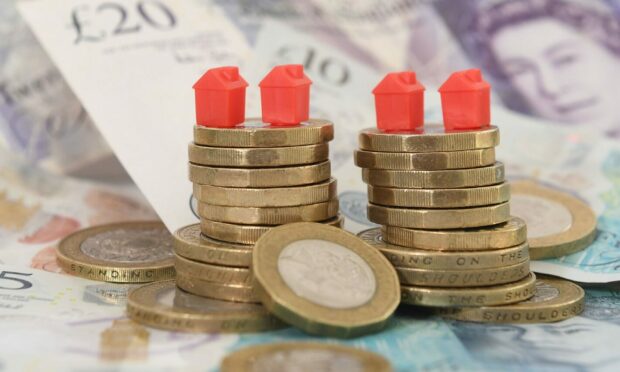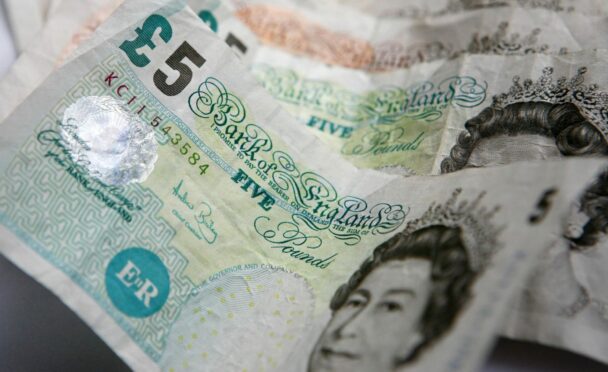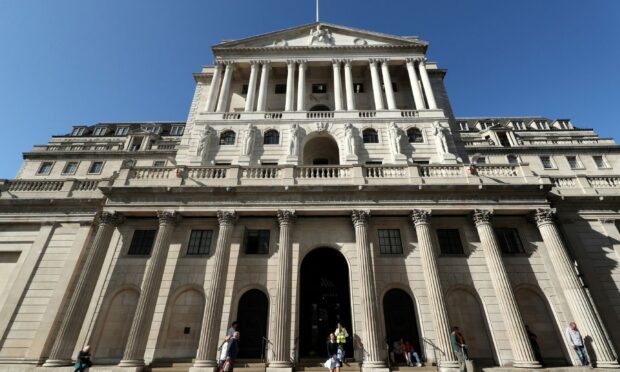Mortgage rates have risen sharply in recent weeks amid the fallout from the mini-Budget and as political chaos has engulfed Westminster.
Anyone currently looking to get or renew a mortgage will have been unpleasantly surprised by the massive increase in the cost of borrowing over the last few months.
With lenders withdrawing numerous products, the ones that remain are set at considerably higher rates, pushing many potential first-time buyers (once again) out of the market. Those whose current fixed term products are coming to an end face the worry of soaring monthly repayments, alongside other rising costs.
I’ve got a mortgage, what should I do?
Martin Williams, a consultant with Ledingham Chalmers Financial, said people are understandably concerned given the news about the financial markets and increasing interest rates in particular, so they should seek advice in the first instance.
He said: “It’s best to take informed action based on independent advice.
“Check your current mortgage deal. What type of deal is it? Fixed, tracker or variable?
“Do you have a penalty if you tried to move to a different deal? If not, check your lender’s current deals and check if you are eligible for a switch.
“However the best course of action is to contact a mortgage broker for advice and reassurance.
“That independent advice will prove more important than ever in these challenging times.”
I’m coming to the end of my term
Mark Harris, chief executive of mortgage broker SPF Private Clients said the majority of homeowners are insulated from rising interest rates as they are on fixed rates – but some are not so lucky.
UK Finance expects 1.8 million people to remortgage next year, which is around 26% of all mortgages.
“Those coming to the end of these deals either now or in the near future are in for a payment shock as fixed rates are priced considerably higher than the deals borrowers originally took out,” he said.
“A base rate tracker with no early repayment charges may be a better alternative until fixed-rate pricing settles down.
“Those who are already mid-transaction are keen to proceed with a mortgage offer secured some time ago, which is likely to look particularly attractive now.”
Why are mortgage rates rising?
The average two and five-year fixed-rate mortgage surged above 6% for the first time since 2008 this month.
This is due to a combination of rising interest rates and turmoil affecting UK bonds, known as gilts, which has increased the cost of the UK government’s borrowing.
Analysis by the Labour Party said a family with a variable mortgage on an average property would be paying £537 a month more than they would have 12 months ago.
On October 20 2020 the annual interest rate was 2.25%, while on October 22 it was 6.65%.
At 2.25% interest, monthly mortgage payments on a £295,903 property would be £791.75, while at 6.65% they would be £1,329.72 – a monthly increase of £537.96.
Over two years this would be an extra £12,911.06, according to Labour’s figures.
Don’t panic
The Bank of England’s deputy governor of monetary policy has questioned whether “dramatic” hikes in interest rates are necessary amid signs global prices are stabilising.
It remains to be seen whether base rates will rise to the level that markets predict, Ben Broadbent told students at Imperial College London.
In a speech, he said: “The Monetary Policy Committee (MPC) is likely to respond relatively promptly to news about fiscal policy.
“Whether official interest rates have to rise by quite as much as currently priced in financial markets remains to be seen.”
The MPC is due to determine the next interest rate rise when it meets in November, with some analysts expecting it to be hiked up from the current 2.25% rate to 3.25%.





Conversation